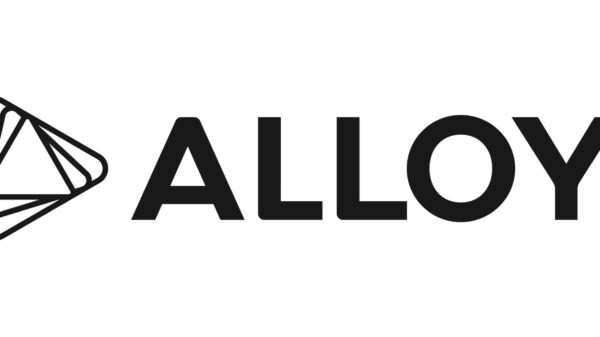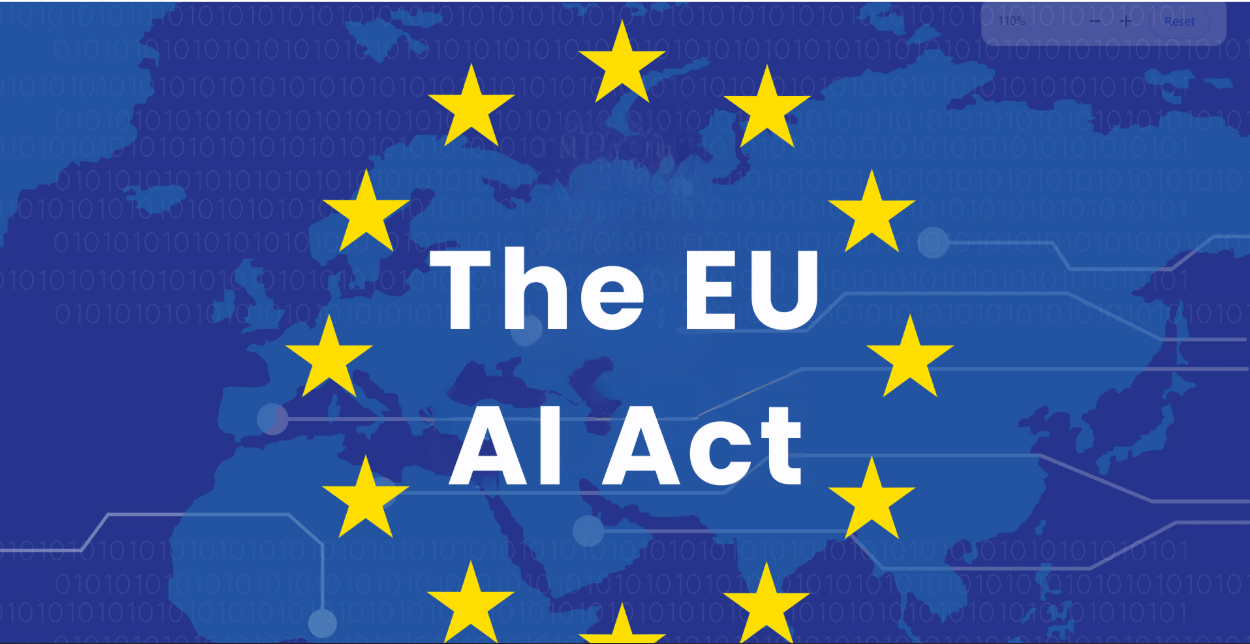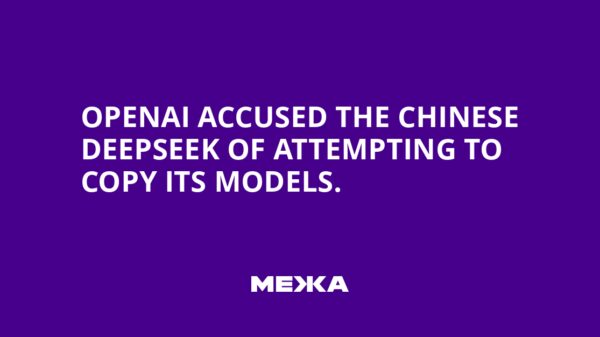European Union officials have formally approved the world’s first comprehensive AI law, known as the **Artificial Intelligence Act**. This groundbreaking legislation was finalized following extensive negotiations and is poised to set a new global standard for the regulation of artificial intelligence technologies.
The **EU AI Act** introduces a risk-based framework that classifies AI applications according to their potential risks. It explicitly bans systems deemed unacceptable, such as government social scoring, which raises significant ethical and safety concerns. This proactive strategy aims not only to foster innovation but also to safeguard fundamental rights, marking a pivotal moment for the tech industry, as reported by Reuters.
According to the new law, AI systems will be categorized into a pyramid of risks. At the top are those applications categorized as unacceptable risks, which will be outright prohibited. High-risk AI systems, including those used in critical sectors like employment and infrastructure, will bear strict obligations, including detailed risk assessments and mandates for high-quality datasets. Furthermore, transparency requirements will be enforced, providing developers and companies with a predictable legal framework.
Developers of **general-purpose AI models** will also face specific transparency obligations. Before entering the market, they must provide comprehensive technical documentation as well as summaries of the data used to train their models, ensuring compliance with EU copyright laws. This emphasis on transparency is seen as essential for establishing trust in AI technologies.
The implications of the **EU AI Act** extend far beyond Europe, as it is expected to become a global benchmark in a manner similar to the **General Data Protection Regulation (GDPR)**. Its so-called “Brussels effect” could significantly shape how other countries formulate their own AI regulations. Companies located outside the EU will also need to adhere to these rules to access the bloc’s lucrative market.
The enforcement of the regulations will be phased in over several years. The bans on prohibited AI practices will take effect just six months after the law’s official enactment. Most other provisions, particularly those governing high-risk AI and general-purpose models, will be implemented within a 36-month timeframe. This gradual rollout is designed to allow businesses and regulatory bodies sufficient time to adapt to the new legal landscape.
Oversight of the law will be a collaborative effort among national authorities in each EU member state, who will enforce the regulations within their jurisdictions. A newly established **European AI Office** will be tasked with coordinating enforcement specifically for general-purpose AI models, ensuring compliance and uniformity across the region.
Under the new law, certain AI systems are explicitly banned, including those that pose clear threats to safety and rights. This encompasses biometric categorization using sensitive traits, untargeted scraping of facial images, government social scoring, and systems that manipulate human behavior. Violations of the **AI Act** could result in hefty fines, which may reach up to **35 million euros** or **7% of a company’s global annual turnover**, depending on the severity of the infringement and the size of the offending company.
The **EU AI Act** represents a fundamental shift in the governance of advanced technologies, aiming to develop AI in an innovative yet trustworthy manner. As the tech landscape continues to evolve, this legislation could serve as a crucial framework for balancing technological advancement with ethical considerations and public safety, shaping the future trajectory of AI regulation on a global scale.
See also Alphabet Shares Surge 6% as Gemini 3 AI Outperforms Rivals, Nvidia Faces New Threat
Alphabet Shares Surge 6% as Gemini 3 AI Outperforms Rivals, Nvidia Faces New Threat Worldpay Launches MCP to Transform AI into Active Payment Agents for Seamless Commerce
Worldpay Launches MCP to Transform AI into Active Payment Agents for Seamless Commerce Amazon Announces $50 Billion Investment to Expand AI and Supercomputing for US Government
Amazon Announces $50 Billion Investment to Expand AI and Supercomputing for US Government Nokia Commits $4 Billion to U.S. AI-Ready Networks, Boosting R&D and Manufacturing Capacity
Nokia Commits $4 Billion to U.S. AI-Ready Networks, Boosting R&D and Manufacturing Capacity AlphaFold Enhances Drug Discovery as Genesis AI Unveils Pearl Model with Sub-Angstrom Accuracy
AlphaFold Enhances Drug Discovery as Genesis AI Unveils Pearl Model with Sub-Angstrom Accuracy







































































